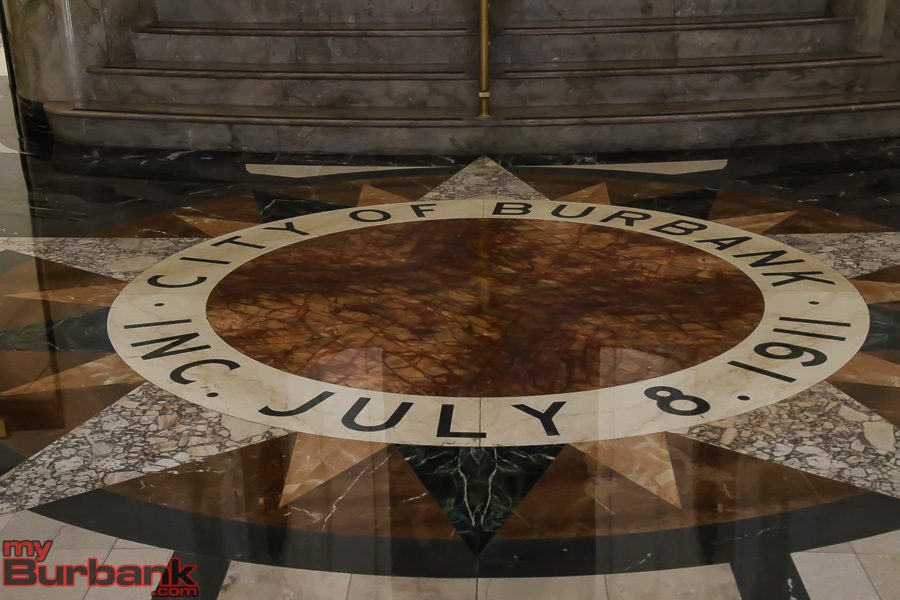On June 22nd at 6 P.M., Burbank City Council convened for a regular meeting.
After a member of the public made a comment regarding city council returning in person, City Manager Justin Hess brought up the city council’s plans for doing such.
“We’re going to have a three-phased approach” said Hess. “Staff returned to in person work this month. By July, we will be able to hold the entire council in city hall. By August, we are hoping we can make meetings fully in person for all to be able to attend.”
In response to his comment, Vice Mayor Jeff Talamantes asked Hess whether or not the call-in system, a system put in place following the beginning of the pandemic, will remain in place after things go back to in person.
“For the month of July, we will maintain the call-in system. However, following that month, we will go back to our pre-COVID rules” responded Hess.
Following the public comment and discussion, the council moved on to approving the meeting’s consent calendar. The consent calendar is a grouping of agenda items that are simultaneously voted on and approved at once.
In this meeting, there were a total of 11 items in need of approval, ranging from the extension of some COVID protection measures to the allocation of donated funds towards Dick Clark Dog Park.
All but one of the items on the consent calendar were approved unanimously. The one item approved with dissention was the first item on the calendar, which adopts an ordinance updating regulations for transitional and supportive housing as well emergency shelters.
Mayor Bob Frutos and Councilwoman Sharon Springer were the dissenting members of the council.
In his dissenting comment, Mayor Frutos said, “Sacramento keeps on stripping our community of it’s power,” referencing the fact that this item’s purpose is to comply with state laws. “I respect my other colleagues’ decision to support this item, but I can’t personally support it.”
Following the approval of the consent agenda, the council moved on to discussing the Urban Water Management Plan and the Water Shortage Contingency Plan. Asif Sheikh, a representative from Burbank Water and Power, made a presentation regarding the plans.
According to Sheikh, the state requires an assessment of the reliability of water sources over a 20 year period every five years. This is where the Urban Water Management Plan comes into play.
The latest plan was drawn up last year, with an emphasis put on climate change analysis and drought risk assessment. Additionally, the plan creates certain requirements for the Water Shortage Contingency Plan.
“Burbank is expected to grow it’s population from the current 100,000 residents to anywhere from 115,000 to 145,000 residents by the year 2045” said Sheikh. “It is therefore critical to draw up a plan for the future, especially given the on-going drought.”
As a city, Burbank gets the vast majority of its water from outside sources. According to Sheikh, Burbank’s water supply is at risk from two primary sources: climate (i.e. the drought) and seismic activity.
An additional risk towards the water supply is the loss of water. “From 2015 to 2019, Burbank Water and Power’s average water loss was 3.7% of the water supplied during that time period.” This fact means that water loss is not a substantial risk as compared to the risks of drought and seismic activity on Burbank’s water supply.
Concluding his presentation, Sheikh stated, “Burbank’s water supplies are projected to meet the city’s needs through at least 2045.”
Following his presentation, the council approved the Urban Water Management Plan unanimously.
Council then addressed a number of agenda items that can be found here. A video recording of the meeting can be additionally found here.





















